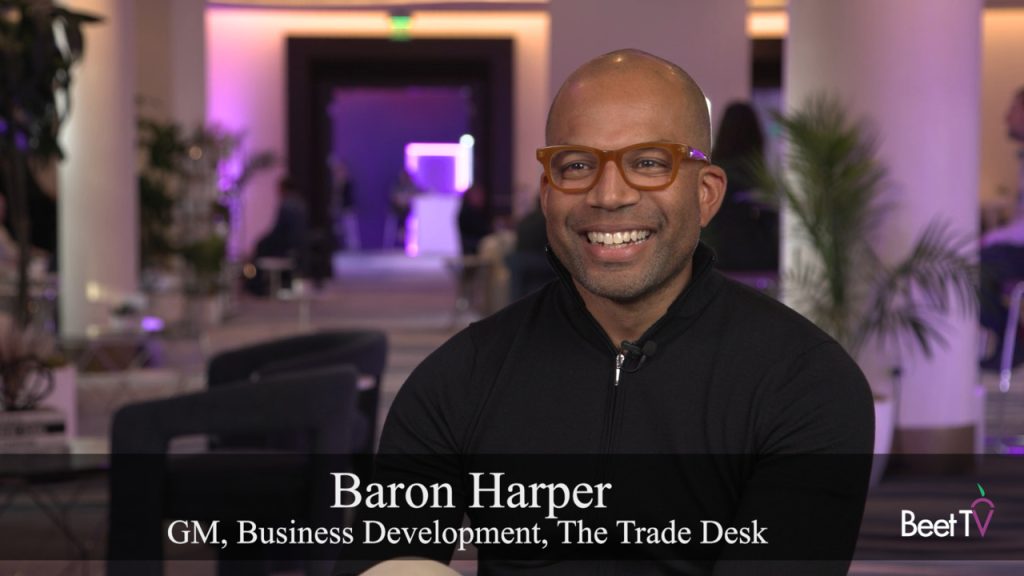William Randolph Hearst III on Applied Minds and the Future of Media
[Download video to your computer | Upload to iPod, PSP]
Danny Hillis is one of the most important pioneers of computing and artificial intelligence. He founded Thinking Machines as a student at MIT in 1982. Although the company failed, the technology has had an enormous impact, notably proving the practicality of parallel computing, among other things.
Hillis heads Applied Minds in Los Angeles along with co-founder Bran Ferren. There’s been some press on the company, but it’s been mostly in stealth mode.
Earlier this month in San Francisco, I met with William "Will" Randolph Hearst III who is an investor in Applied Minds. He told me about the work the company is doing in creating "smart" video systems that can create scenes based on complex sensing and analysis technology. The computer listens and watches and knows when to do a close- up or long shot based on physical action and speech. The most immediate application will be some kind of advanced video teleconferencing.
Before forming Applied Minds in 2000, Hillis and Ferran were at Disney Imagineering, so they know quite a lot about robotics and entertainment. Could a computerized director take charge of the set — the control room? Maybe networked cameras set in public places or our homes could create a new kind of cinema? I wonder what would Orson Wells think?
Here’s a transcription of Mr. Hearst’s comments to Beet.TV:
“I work with a company down in Los Angelescalled Applied Minds that has developed a very – I would call it a “high IQ video teleconferencing system.” And it uses video technology but it basically has sort of the smarts to know who’s talking in a room, where they’re located and when to do the cut-away shot and when to do the super. And it’s all automated. So you go into a room like you’re gonna have a conference meeting in person but you’re talking to a screen and on the other side of the screen are other people but the camera seems to be uniquely able, sort of uncannily able to know when to get a reaction shot, when to focus on the person talking, and when to drop back and get a master shot.”
Danny Hillis is interviewed by Technology Review Editor in Chief Jason Pontin in the new issue.
Here’s Danny Hillis in his office of Applied Minds. Evidently he uses real rocket boosters as furniture. Photo from Technology Review by Daniel Hennessey.



























